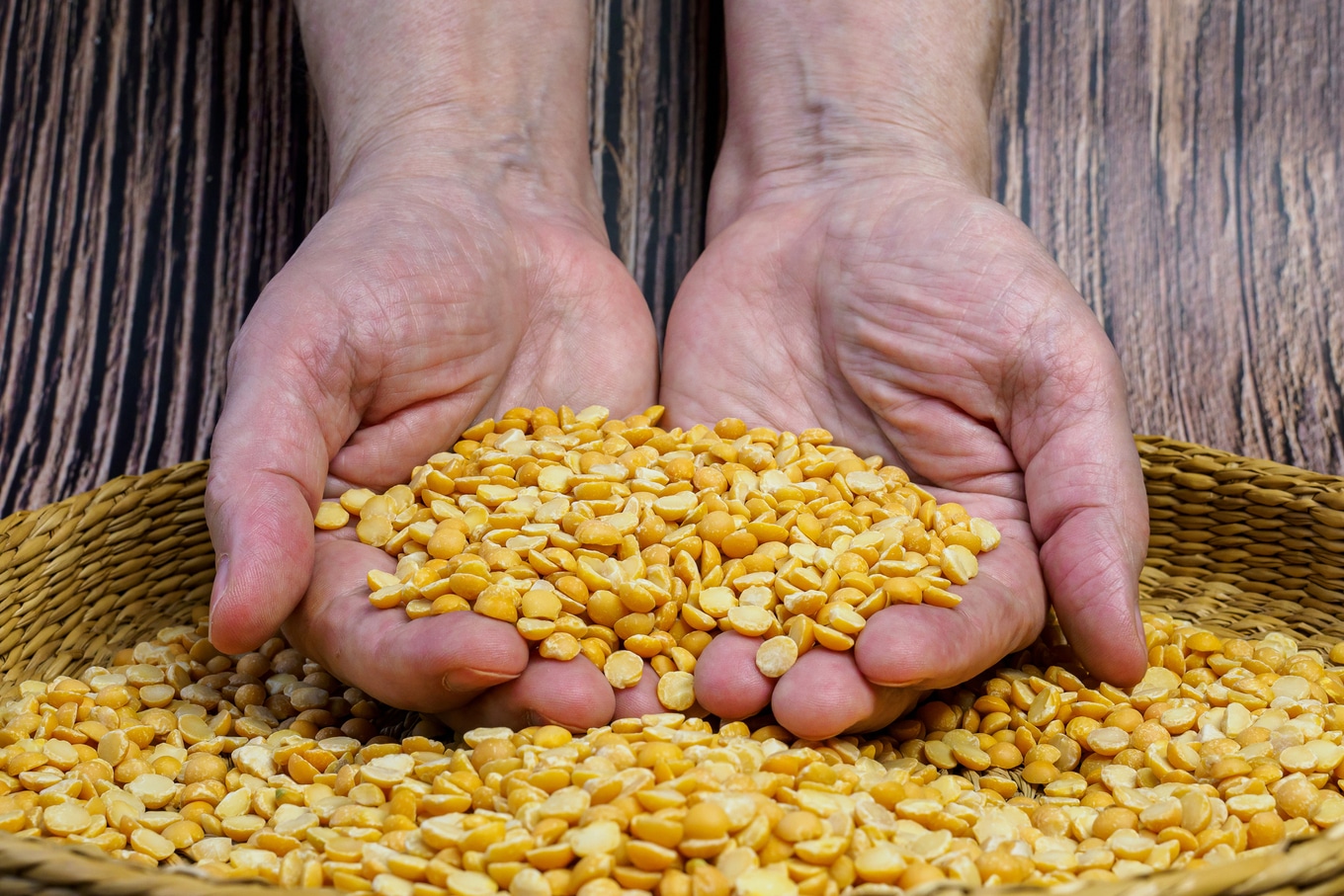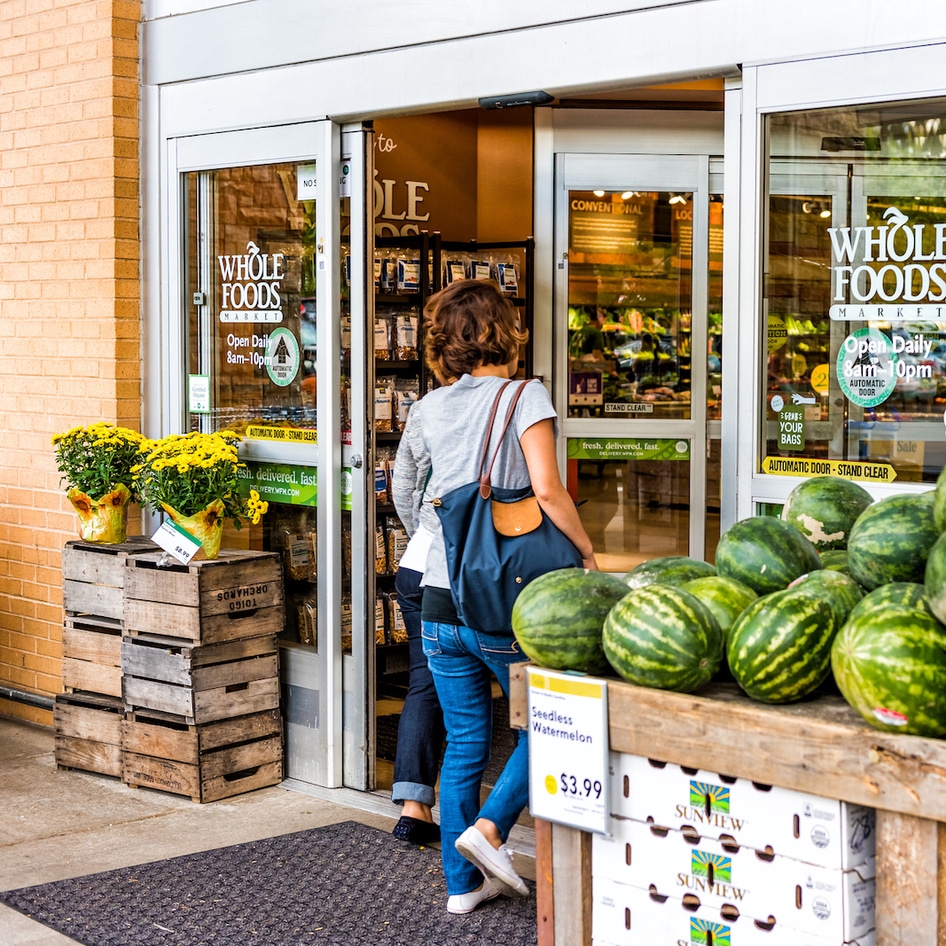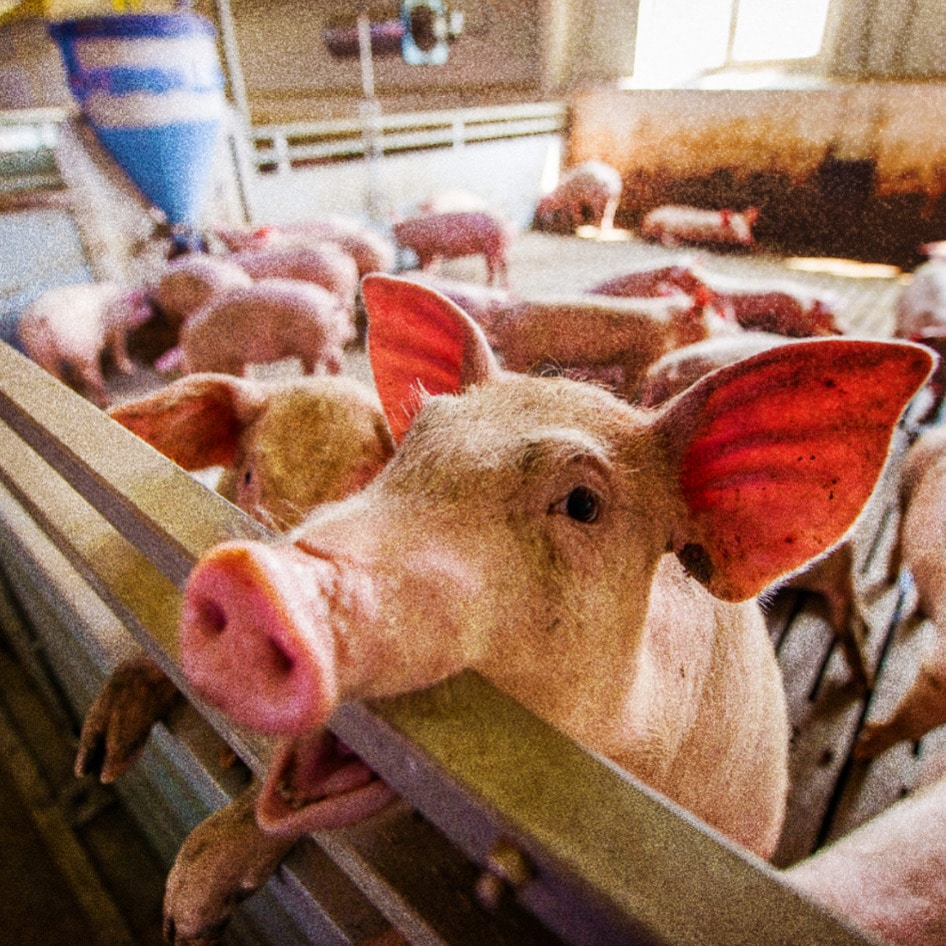The upcoming 2023 Farm Bill presents an unprecedented opportunity to reshape the agricultural landscape in the United States, potentially allowing for more focus on plant-based foods.
Policy serves as a blueprint that guides government actions, determining where investments should be funneled to achieve societal goals. And because traditional livestock and dairy have long dominated the Farm Bill’s provisions, the government has heavily and disproportionately invested in these sectors over others.
Just how much? A recent Stanford University analysis found that the US government has been funding animal products at a rate 800 times greater than alternative proteins. Additionally, 190 times more lobbying money goes to animal-source food products than their more sustainable alternatives.
 Daring
Daring
“The plant-based foods industry is part of the sizable majority of American agriculture and food production that is under-represented in government policies at both the federal and state levels,” Beverly Paul, Plant Based Food Association (PBFA) Federal Policy Consultant, tells VegNews.
However, changing consumer behaviors and environmental needs are putting more plant-forward provisions on the docket, which means that the forthcoming Farm Bill has the potential to shift focus to more sustainable, plant-based food in at least four ways, thanks in large part to the Peas, Legumes, and Nuts Today Act (PLANT Act).
1Federal assistance for plant-based foods
The first farm policy emerged as part of the New Deal in 1933, and ever since, the Farm Bill—designed to reduce surplus and raise crop prices—has dictated what farmers grow and what Americans eat. But so much has changed since then.
 Getty
Getty
“Plant-based foods—including the kinds of crops we grow today, like almonds and pulses—or small operations like urban farms, are disruptors to this old system and are fighting for a seat at the table,” Paul says.
Legislation like the PLANT Act, introduced in July by Congressman Jim McGovern (D-MA), aims to make plant-based foods eligible for United States Department of Agriculture (USDA) assistance.
The bill aims to boost American farmers and rural communities by promoting plant-based food production. It outlines a framework to maintain US leadership in the plant-based food sector and aims to benefit various stakeholders, from farmers to consumers.
2Incentives for research and production
The US is already the world leader in plant-based food production, with more than 55,000 people directly employed in this sector which generates $4.5 billion in annual revenue.
The PLANT Act promises to advance USDA initiatives, create jobs in farming communities, and broaden consumer choices. Specifically, it supports US farmers who grow plant-based ingredients, ensures eligibility for food companies in USDA producer programs, and directs USDA investments toward organic farming fields.
“As such, it provides incentives and recognition across Farm Bill programs for farmers growing crops used in plant-based foods, and for the researchers who help them,” Paul says.
 Getty
Getty
While the PLANT Act stands to bolster the plant-based industry, the biggest hindrance to this industry’s advancement, Paul explains, are challenges around labeling regulations, particularly for plant-based milk.
The Federal Food and Drug Administration (FDA) has proposed a unique regulation for this sector that suggests including a voluntary nutritional comparison between plant-based and cow’s milk. This is despite the FDA’s acknowledgment that plant-based milk is not attempting to imitate cow’s milk.
“PBFA and our member companies have spent untold resources—significant investments of both time and money—simply defending what our products are called, even though consumers have repeatedly shown they are not confused about what they’re buying,” Paul says.
3Dropping vegan food prices
Ever wonder why McDonald’s can afford to sell its meat and cheese burgers at such low prices but a plant-based alternative always comes at a premium?
The answer has a lot to do with factors such as economies of scale and government subsidies of animal agriculture—both factors that could shift in plant-based foods’ favor should the Farm Bill embrace policies like the PLANT Act.
 Deryn Macey/Unsplash
Deryn Macey/Unsplash
“Our top-line message on the Farm Bill is: ‘Plants are agriculture,’” Paul says. “To the extent that plants grown to feed people are recognized in Farm Bill subsidies, research, market promotion, and credit programs, our products can become more broadly available and less expensive.”
Making plant-based food less expensive—thereby making it more attractive to consumers—helps create a more efficient overall food system. That’s because for every 100 calories of human-edible crops that we feed to them, we only get 17-30 calories back in the form of meat or milk. Plant-based foods eliminate the need for these animal middlemen, so to speak.
4Recognition of plant-based food as a tool to fight climate change
Climate change considerations are becoming increasingly integral to Farm Bill debates, with some on the side of funding livestock (or, business as usual) and others advocating for supporting the proliferation of more sustainable foods.
The latest environmental science makes it clear that plant-based foods are by and large more sustainable than their animal-based counterparts. And the Farm Bill can codify this to support the US in mitigating the climate crisis.
“The ‘conservation title’ of the Farm Bill authorizes the voluntary conservation programs implemented by USDA,” Paul explains. “Conservation practices that provide support for crop diversification and organic transition help advance the plant-based sector, while also providing critical climate benefits.”
 Taylor Sebert/Unsplash
Taylor Sebert/Unsplash
Unfortunately, federal policy, as Paul points out, has encouraged conventional, monoculture crop systems for decades. “These incentives have propagated the unhealthy and pollution-producing food system we have today,” Paul says.
The USDA recently launched the Resilient Foods Infrastructure Program (RFSI), which allocates $420 million to state grants aimed at enhancing supply chain infrastructure for domestic food and farm businesses. The funding is exclusively for human food production.
PBFA is actively engaging with all states and territories to include crops grown for the plant-based market in the RFSI grant program, seeing it as a first step toward broader progress.
“The health and environmental benefits of plant-based diets are undisputed: Eating primarily plant-based foods, rich in fiber and essential nutrients, is central to healthy and nutritious diets and is linked to lower rates of chronic diseases such as heart disease, cancer, and type 2 diabetes,” Paul says.
“At the same time, shifting to a plant-based diet is shown to be the single most effective way to reduce our impact on Earth,” Paul says.
Of course, the PLANT Act is just one piece of the package of legislation Congress will consider in finalizing the 2023 Farm Bill. Another is the Farm System Reform Act (FSRA) reintroduced by Senator Cory Booker (D-NJ) as a measure centered around ending factory farming.
As its September 30 deadline approaches, the focus will be on how lawmakers and interest groups negotiate to shape an agricultural policy fit for a changing world.
For the latest vegan news, read:
JUMP TO ... Latest News | Recipes | Guides | Health | Subscribe









